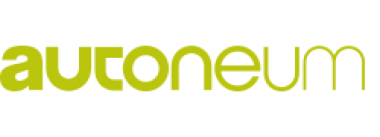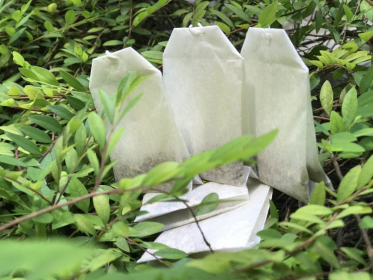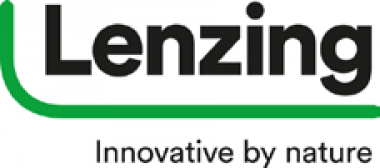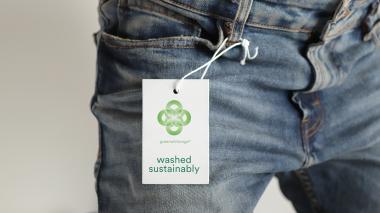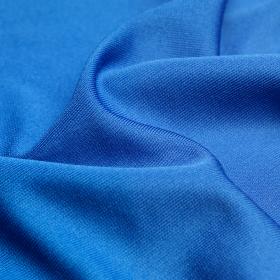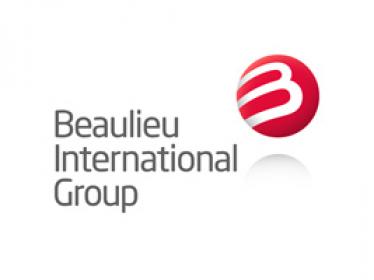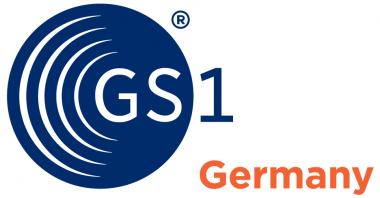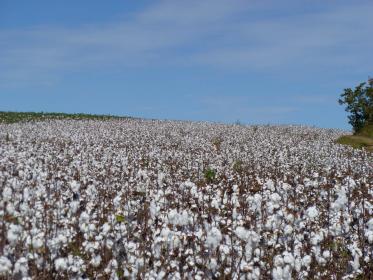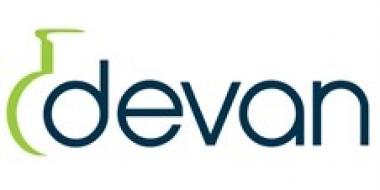Autoneum veröffentlicht Corporate Responsibility-Bericht 2018
Gesellschaftliche Verantwortung und nachhaltiges Handeln stehen seit der Verselbständigung von Autoneum im Fokus des Unternehmens. Um bestmögliche Resultate zu erzielen, hat Autoneum vergangenes Jahr einer Vielzahl an quantitativen und qualitativen Zielen in den Bereichen „nachhaltige Produkte und Produktionsprozesse“, „fairer und attraktiver Arbeitsplatz“, „Good Corporate Citizenship“ und „verantwortungsvolle Beschaffung“ für 2025 verabschiedet. 2018 wurden wichtige Erfolge in allen Teilbereichen erzielt.
Durch die konsequente Umsetzung von Ökoeffizienzprojekten – weltweit insgesamt über 80 – hat das Unternehmen 2018 seine Umweltauswirkungen weiter reduziert. So sind nicht nur die Abfallmengen (–5.9%), sondern auch der Wasserverbrauch (–13.4%) stark gesunken. Gleichzeitig haben verschiedene Werke – vor allem in Asien und Nordamerika – ihre Recyclingkapazitäten erweitert, wodurch das Volumen des in der Fertigung wiederverwerteten Produktionsausschusses signifikant anstieg (14.9%).
Um die Arbeitsbedingungen insbesondere in der Produktion weiter zu verbessern, sind 2018 in allen Business Groups Massnahmen zur Arbeitssicherheit und zum Wohlbefinden am Arbeitsplatz ergriffen worden. Eine im Herbst an allen Standorten durchgeführte Umfrage zur Mitarbeiterzufriedenheit hat erste positive Resultate bestätigt.
Eine vollständige Übersicht über alle Ziele und Aktivitäten des vergangenen Jahres ist im Corporate Responsibility-Report 2018 aufgeführt und unter www.autoneum.com/de/corporate-responsibility/ verfügbar.
Autoneum Management AG


